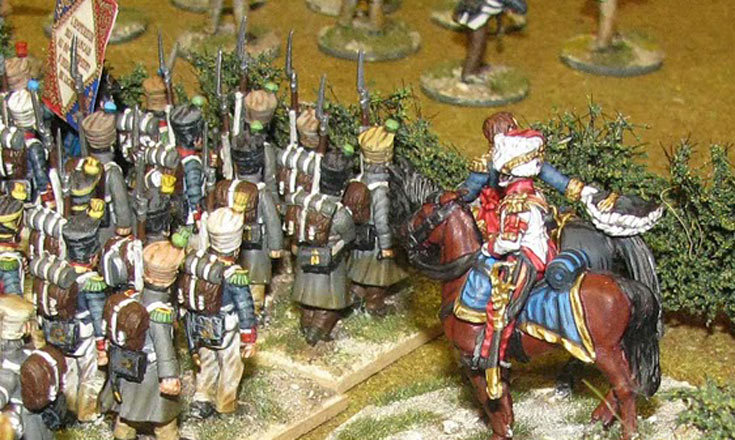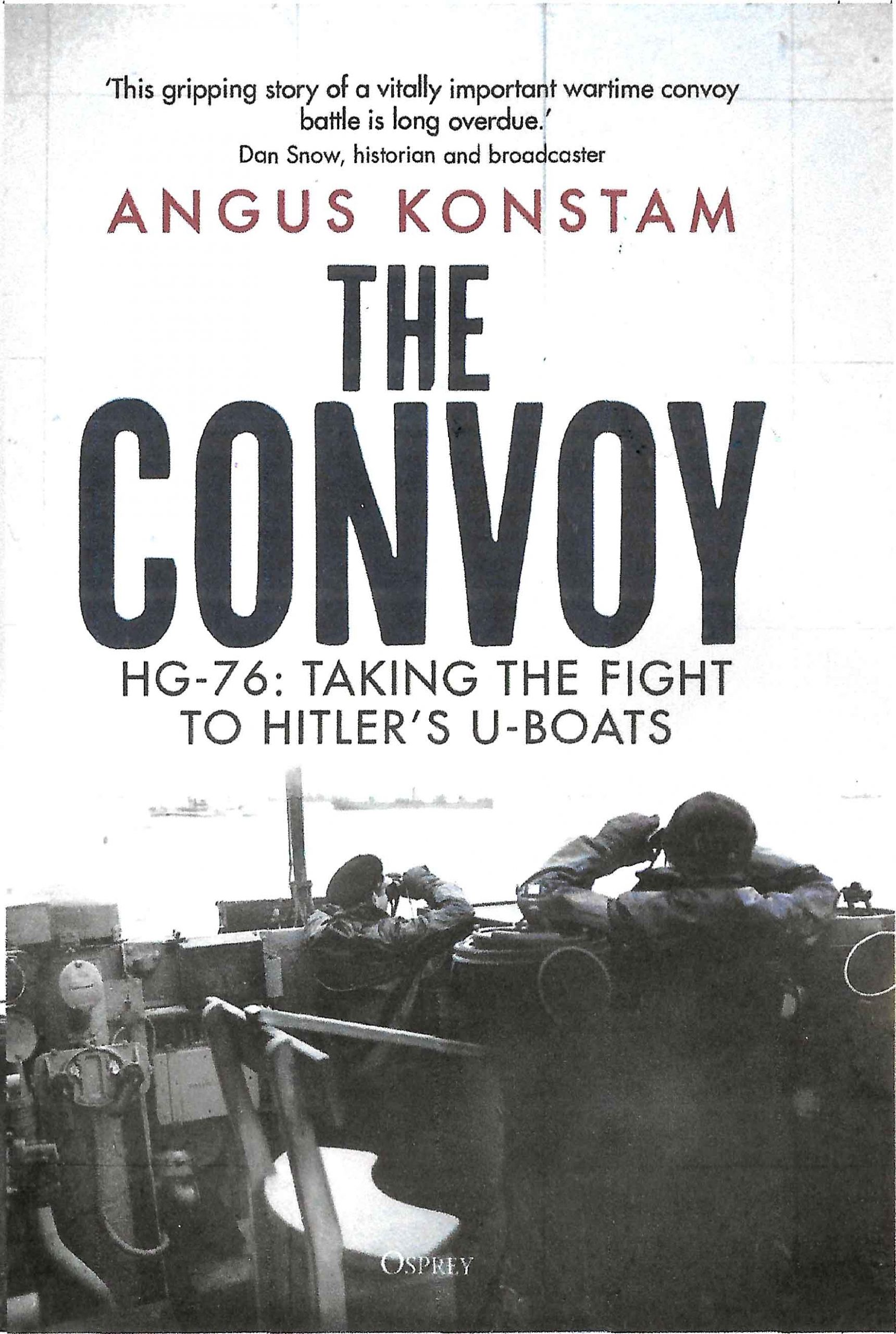
Roncedouge, 1813
21st April 2011, Comments Off
The Napoleonic Wars, Black Powder, 28mm
This fictitious game involved a British attempt to turn the flank of the French army ensconced in the Pyrenees, guarding the French border with Spain. A weakly guarded pass through the mountains at Roncedouge was the objective, guarded by a village with a brigade-sized French garrison. Wellington sent Lord Colville and two British brigades to seize the village, one of which, the Light Brigade, consisting of riflemen and composite light infantry battalions, supported by cavalry and guns, was charged with leading the way. The second line infantry brigade followed behind them. A plan was formed, and Colville launched his dawn attack. The whole plan unravelled with spectacular speed. The British rolled a “blunder”, and the French pickets spotted their approach, and raised the alarm. Now it was all about speed. A RHA battery blew apart the barricade guarding the southern entrance to the village, and the 8th Light Dragoons took up positions on the hills above the town, ready to act if needed.
The whole plan unravelled with spectacular speed. The British rolled a “blunder”, and the French pickets spotted their approach, and raised the alarm. Now it was all about speed. A RHA battery blew apart the barricade guarding the southern entrance to the village, and the 8th Light Dragoons took up positions on the hills above the town, ready to act if needed. The Light Brigade lacked the strength to storm the village, so all they could do was to snipe at the defenders, and wait for the line infantry to come up. They landed up waiting most of the game – the commander of the infantry brigade rolled an amazing five “blunders” in a row, and consequently progress was – er – slow.
The Light Brigade lacked the strength to storm the village, so all they could do was to snipe at the defenders, and wait for the line infantry to come up. They landed up waiting most of the game – the commander of the infantry brigade rolled an amazing five “blunders” in a row, and consequently progress was – er – slow. When they eventually reached the village walls the defenders were ready for them. When the British first appeared they sent for reinforcements. The British had split their force, to attack the village from two sides. That, of course, was when the French reinforcements appeared – a brigade of infantry, backed by a regiment of hussars.
When they eventually reached the village walls the defenders were ready for them. When the British first appeared they sent for reinforcements. The British had split their force, to attack the village from two sides. That, of course, was when the French reinforcements appeared – a brigade of infantry, backed by a regiment of hussars. The Light Dragoons charged, and were cut to ribbons by the hussars. A supporting French gun battery dispersed one of the British battalions at the west side of the village, and the reinforcements were able to link up with the defenders. Meanwhile at the south side of the place the British had launched three unsuccessful bayonet charges, and were fast running out of options. At that point the lacklustre British commanders decided to draw a veil over the sorry proceedings, and called it a day.
The Light Dragoons charged, and were cut to ribbons by the hussars. A supporting French gun battery dispersed one of the British battalions at the west side of the village, and the reinforcements were able to link up with the defenders. Meanwhile at the south side of the place the British had launched three unsuccessful bayonet charges, and were fast running out of options. At that point the lacklustre British commanders decided to draw a veil over the sorry proceedings, and called it a day.

